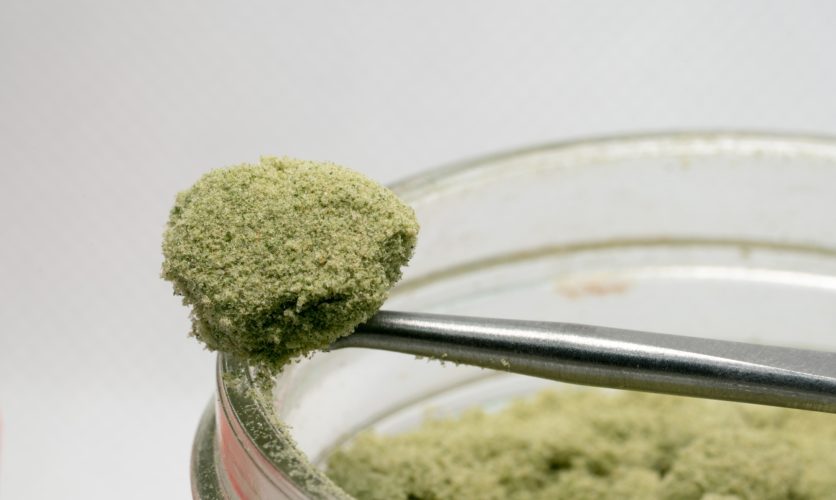What is spice or cannabinoids?
What is Spice (Cannabinoids)?
Spice is a generic term for a group of designer street drugs marketed under a variety of street names including K2, Yucatan Fire, Black Mamba, Moon Rocks, fake weed, legal weed, Skunk, synthetic marijuana, Spice Silver, Spice Gold, Smoke, Fire, and many others. Usually, spice contains shredded, dried plant material and chemical additives meant to induce psychotropic or hallucinogenic effects. Similar to marijuana, spice is usually ingested by smoking, although it is sometimes mixed into food or drink. Individuals use spice products for their mind-altering effects.
Though spice is labeled “not for human consumption” and advertised as incense or potpourri, its target market is people looking to achieve a high similar to that produced by cannabis. Often sold as e-cigarettes, spice mimics the active ingredient of natural cannabis, THC (tetrahydrocannabinol), which is the psychoactive compound naturally found in plant material. Since spice was created to dodge drug laws, variations of it are currently sold legally on the Internet, in convenience stores, and in “smoke” shops specializing in drug and smoking paraphernalia.
How spice affects users
While the nature of synthetic cannabinoids makes it difficult to accurately describe its effects, users typically experience a variety of behavioral and perceptual alterations similar to those of marijuana. Negative side effects include rapid heart rate, blood pressure changes, heart palpitations, agitation, confusion, vomiting, and hallucinations. Additionally, regular users may experience withdrawal symptoms, placing them at risk for addiction.
The dangers of spice
Spice is a very dangerous designer street drug. Because it is produced in clandestine labs, its potency, contents, and chemical makeup is often unknown. Because of this, its effects, side effects, and dangers vary greatly from dose to dose.
Because of the numerous risks associated with spice, the U.S. Drug Enforcement Administration (DEA) has banned several synthetic cannabinoids, and a number of states have instituted bans on the sale of synthetic cannabinoids.
Treating spice addiction
Treatment for spice addiction is similar to treatment for marijuana addiction. Cognitive-behavioral therapy, counseling and support groups may all be a part of an effective treatment program.
Continue Learning About What is spice or cannabinoids?
Take the next step:
Start a conversation
Start with an online form
-
Caron in Pennsylvania
1-800-854-6023 -
Caron in Florida
1-800-221-6500 -
Breakthrough at Caron
1-800-213-7834




